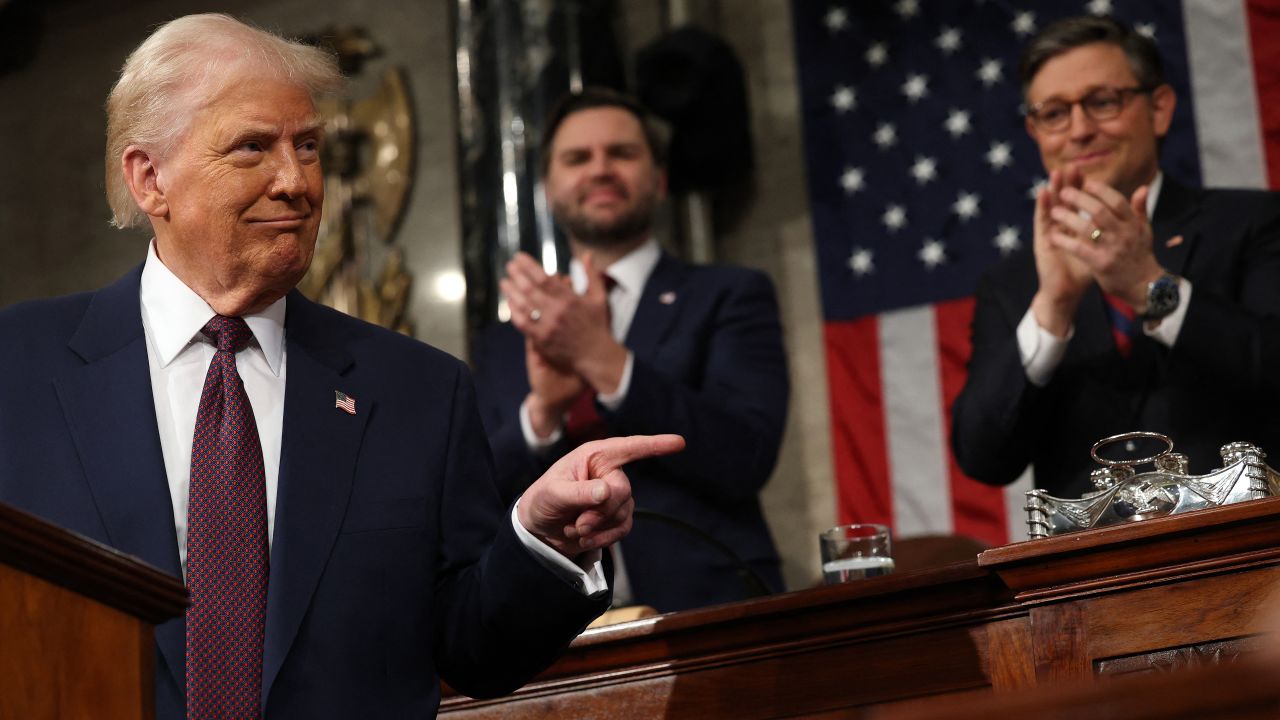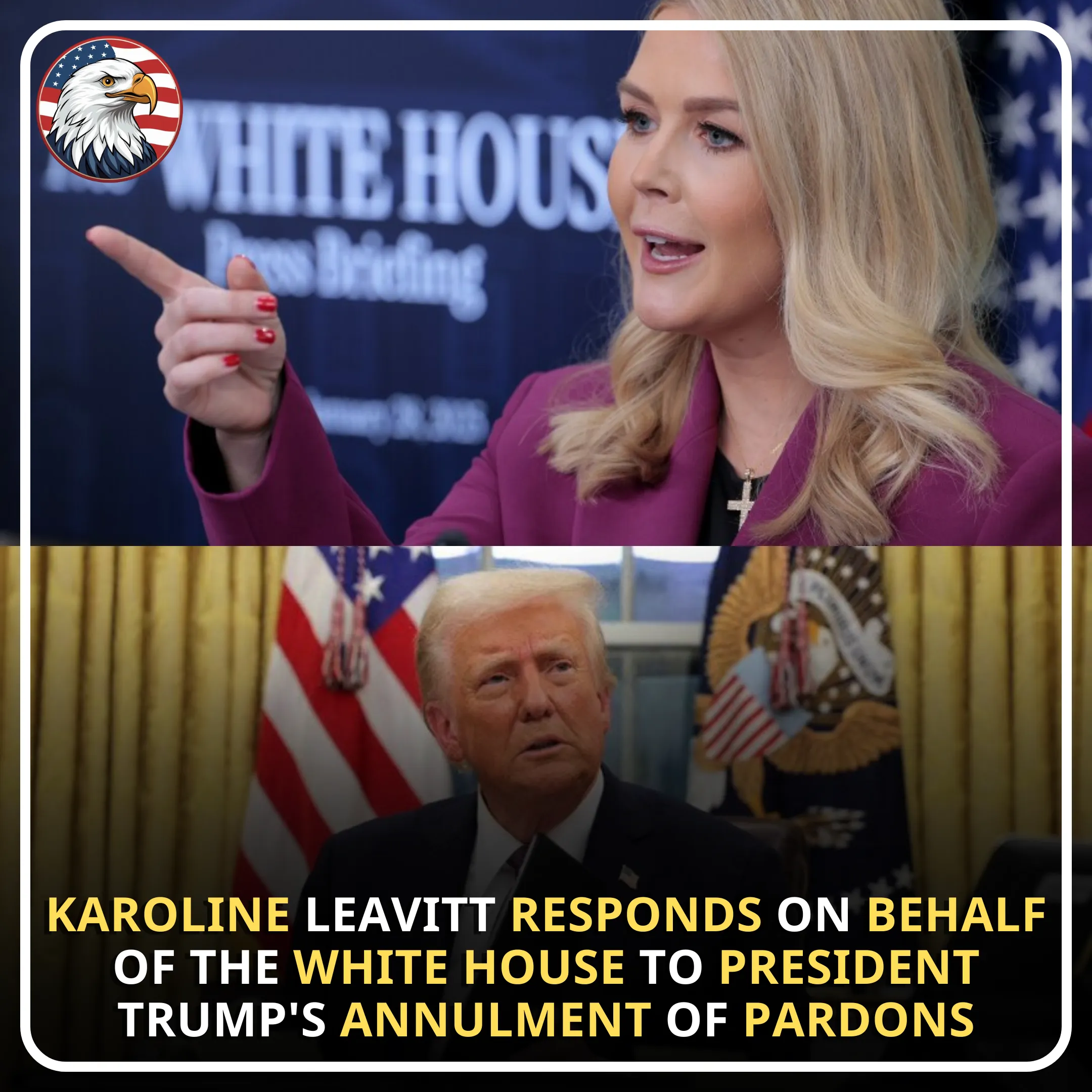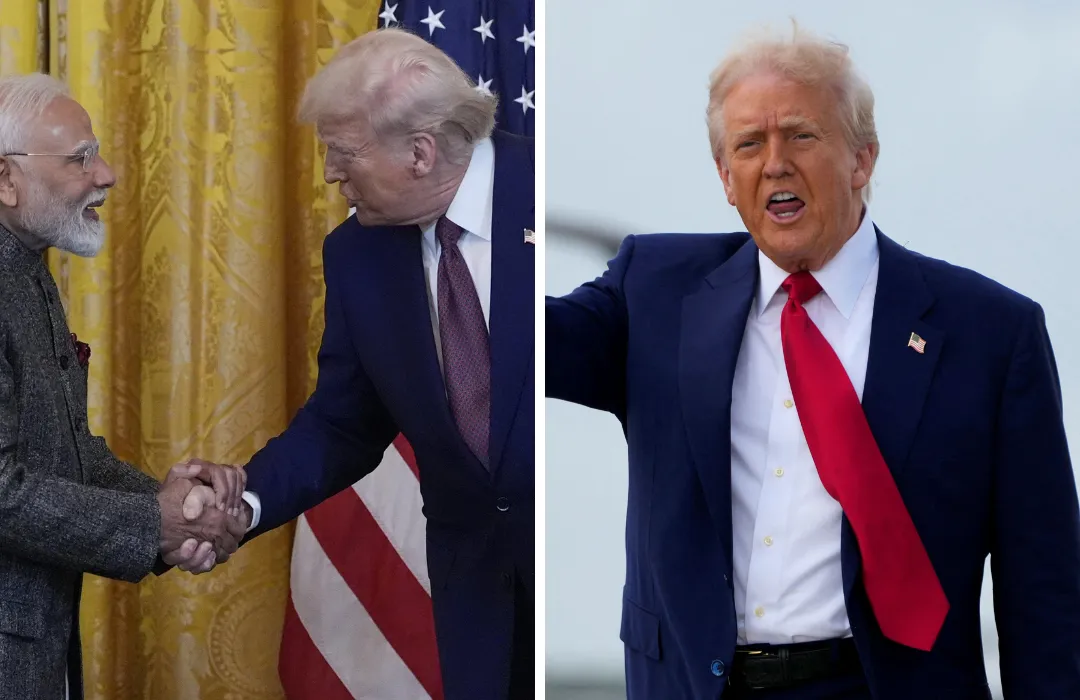
Republican leaders in both the House and Senate Armed Services Committees have issued a joint statement in response to reports suggesting significant changes to the U.S. military's combatant command structure under President Donald Trump. The lawmakers voiced strong opposition to the potential restructuring, emphasizing that they would not accept any such changes without proper coordination with Congress and other relevant agencies.
The statement marks a significant instance of Republican lawmakers pushing back against President Trump’s administration during his second term. It highlights the growing influence of Congressional oversight on military and defense policy, particularly regarding decisions with long-term implications for U.S. military posture abroad.
The pushback from the Republican leaders of the Armed Services Committees is likely to have a major impact on any moves toward reshaping military structures that would affect U.S. leadership within NATO and the broader international defense community.
House Armed Services Committee Chair Mike Rogers (R-Ala.) and Senate Armed Services Committee Chair Roger Wicker (R-Miss.) responded to an NBC News report from Tuesday, which revealed that the Pentagon was reportedly considering relinquishing its role as NATO’s Supreme Allied Commander Europe (SACEUR). This position, held by a four-star U.S. general, has been a cornerstone of NATO’s military leadership for more than 75 years.
The potential move was reportedly part of broader restructuring efforts within the U.S. military’s command and headquarters systems, designed to streamline operations and adapt to the changing global security environment.
In their statement, Rogers and Wicker emphasized the importance of maintaining robust U.S. military leadership in Europe and the role of U.S. combatant commands in global defense operations. "U.S. combatant commands are the tip of the American warfighting spear," they said.
The chairs expressed deep concern over the possibility that the Pentagon might make unilateral changes to the strategic command structure without consulting Congress, the White House, or other key stakeholders in the national security apparatus.

The proposal, according to the Republican chairs, could include significant reductions in U.S. military forces stationed abroad, particularly in Europe, a region where U.S. forces have played a critical role in ensuring NATO’s readiness and supporting the security of key allies, including Ukraine.
Rogers and Wicker warned that such a move could jeopardize American deterrence globally and weaken the U.S.’s negotiating power with adversaries, especially amid ongoing security challenges in Europe and the broader geopolitical landscape.
"We are very concerned about reports that claim [the Defense Department] is considering unilateral changes on major strategic issues, including significant reductions to U.S. forces stationed abroad, absent coordination with the White House and Congress," the lawmakers said. "We support President Trump’s efforts to ensure our allies and partners increase their contributions to strengthen our alliance structure, and we support continuing America’s leadership abroad.
However, we will not accept significant changes to our warfighting structure that are made without a rigorous interagency process, coordination with combatant commanders, the Joint Staff, and collaboration with Congress."
The Republican leaders also made it clear that they would not hesitate to use their legislative powers to counter any changes they deemed harmful to U.S. military interests. The Armed Services Committees are responsible for crafting annual defense authorization bills, and the chairs warned that they could leverage their power of the purse to block or modify any defense proposals that are not properly vetted and coordinated.
The concern raised by Rogers and Wicker stems from the longstanding and crucial role that the U.S. military has played in NATO’s operations. For the past 75 years, a four-star general from the U.S. has served as NATO’s Supreme Allied Commander Europe, overseeing NATO military operations and coordinating the alliance’s defense strategy.

The current SACEUR, Army Gen. Christopher G. Cavoli, also serves as the head of U.S. European Command (EUCOM) and has been actively involved in providing support to Ukraine in the ongoing conflict with Russia. The role of SACEUR is seen as vital not only to NATO's cohesion but also to the continued stability and security of Europe.
In recent years, U.S. military leadership in Europe has been pivotal in addressing the evolving security challenges posed by Russian aggression, particularly after Russia’s invasion of Ukraine in 2022. U.S. forces stationed in Europe have provided crucial support for NATO’s deterrence posture and have played an essential role in supporting Ukraine’s defense efforts.
The decision to potentially reduce U.S. military presence in Europe, or to strip the U.S. of its leadership role within NATO, has raised alarm among both Republican and Democratic lawmakers, who view these moves as counterproductive to U.S. national security interests.
Rogers and Wicker’s statement underscores the significant political and strategic implications of any potential changes to the U.S. military’s global role, especially in Europe. They emphasized that decisions regarding military restructuring must be made through a transparent and collaborative process, involving not only the Pentagon and the White House but also Congress and military commanders who have direct experience with the operational challenges faced by U.S. forces.
The joint statement from the Republican chairs is one of the clearest indications yet of Republican lawmakers pushing back against the Trump administration on military policy. As a result, the administration will likely face considerable pressure to reconsider any plans to alter the U.S. military’s leadership role within NATO or to implement drastic cuts to forces stationed abroad.
While the Trump administration has often been criticized for its more unilateral approach to foreign policy and military decisions, the pushback from key Republican figures highlights the importance of maintaining bipartisan consensus on matters of national security.
As the world grapples with increasingly complex geopolitical challenges, including the ongoing Russian invasion of Ukraine and rising tensions with China, the stability and credibility of U.S. leadership within NATO and other international defense frameworks remain crucial to global security.

In the coming weeks, it will be important to watch how the Trump administration responds to this growing opposition from Republican lawmakers, particularly those with significant influence over military and defense policy. The direction taken by the administration could have long-lasting implications for U.S. military strategy, NATO relations, and the broader international security landscape.



